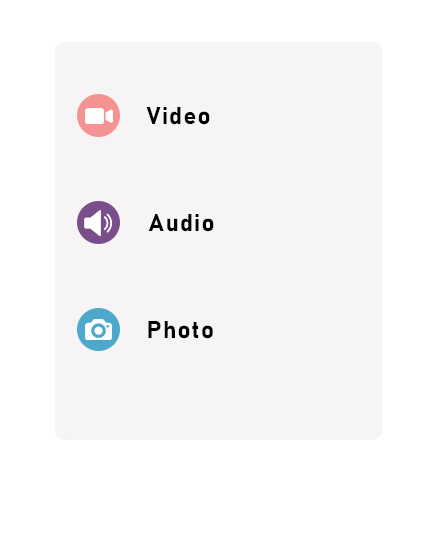Discover the power of
video download 360, an innovative and
free online video downloader designed to record, convert, and download audio or video content from a multitude of platforms, including YouTube, Facebook, Vimeo,
Reddit,
Pinterest Video, and more. This versatile tool supports seamless conversion to popular formats, enabling you to enjoy your favorite content offline on your PC, TV, or any other device.
Why choose
video download 360 ?
- Effortless Downloading: No need for additional software or browser extensions; simply paste the video URL into the provided text box and hit 'Catch!' to access a range of download links in various formats. This quick and free converter makes watching YouTube videos offline a breeze.
- HD Quality: Download videos in high definition without compromising on quality. video download 360 supports SD, HD, FullHD, 2K, and 4K formats, depending on the original file's specifications.
- Online Convenience: video download 360 operates entirely online, eliminating the hassle of installations. It's a user-friendly and free solution for downloading videos from social media platforms.
- No Download Limits: Enjoy the freedom to convert and download as many files as you want, without any daily restrictions. AllVideoGrabber is committed to providing a limitless and free service to users.
Important Notes:
- Copyright Compliance: Respect copyright laws; refrain from downloading copyrighted content, such as Vevo videos and those with copyrighted music. Users are urged to use the platform responsibly and avoid infringing on intellectual property rights.
FAQs:
- Video Quality Supported: Most videos are available in MP4 format with options for SD, HD, FullHD, 2K, and 4K quality. The final quality is determined by the original file uploaded by the author.
- File Storage: Downloaded files are automatically stored in your device's Downloads folder or the Download History section. Access them easily by pressing CTRL+J or navigating through the menu.
Partnerships:
Explore our trusted partners, offering a range of valuable services:
- allvideograbber.com: Download Videos from Any Website Online.
- quick-qrcode.com: Free QR code generator.
- telecharger-miniature-youtube.com: Télécharger miniature youtube.
- youtube-thumbnail-download-free.com: YouTube thumbnail Image View and Download.
- outofboxreview.com: Your go-to for AI, Software, Tools, Hosting, SEO, and Marketing solutions.

